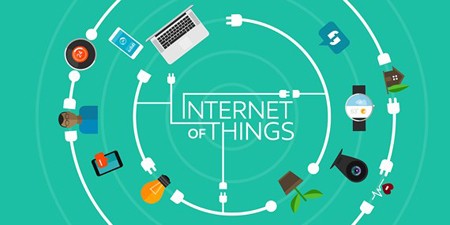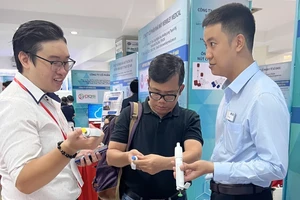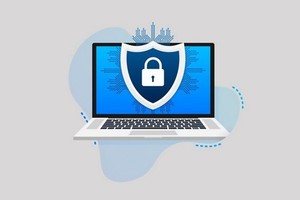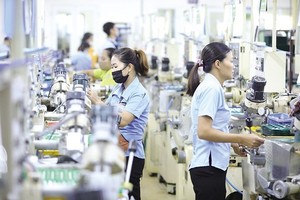
At the beginning of 2017, the infamous cyber-attack named WannaCry affected 74 nations, including Vietnam. In only a few hours, more than 200 businesses in Vietnam reported to be severely infected, making it one of the most damaged countries in the world by this ransomware. At the end of last year, Vietnam led the chart of countries with the highest rate of industrial computer systems being attacked, accounting for 69.6 percent.
This situation is forecast to be more serious this year when new cyber-attacks are aided by more intelligent and sophisticated technologies.
Only two years ago, the concept of Smart City was rather foreign to the Vietnamese. Yet thanks to the striking development of information technology and urbanization lately, this model has gradually been formed.
The project of building a smart city has offered more opportunities as well as challenges, especially regarding cyber security. A world of connection using the system of cameras, sensor and IoT devices is an ideal environment for cyber criminals to carry out attacks of various scales.
Statistics from Kaspersky Lab show that Vietnam is in the top three countries having IoT devices attacked when it does account for 15 percent of all attacks in the world (the first being China at 17 percent, and Russia at 8 percent).
The total amount of malware aiming at IoT devices was more than 7,000 in 2017, and this number will continue to increase unless we take better care of device security.
According to Mr. Ngo Tan Vu Khanh, Director of Development of Kaspersky in Vietnam, intentional attacks and high-tech threats, including Advanced Persistent Threats (APT) are one of the most dangerous risks to operating systems of businesses.
However, the irony is while cyber risks and attacks are more and more developed, organizations and companies still rely on outdated and unfashionable technologies to protect themselves against cyber criminals, both at present and in the future.
Security experts at Kaspersky Lab, therefore, have suggested that organizations and companies need to be active in monitoring the security of their system to protect themselves and timely recognize cyber security issues to stop them; users should limit their access to the Internet from outside the company if unnecessary, and sign out of all network accounts if not in use. They should also change password immediately when they use a new device; software should be regularly updated, and protection solutions should be applied to the whole system as well as to each device.
























